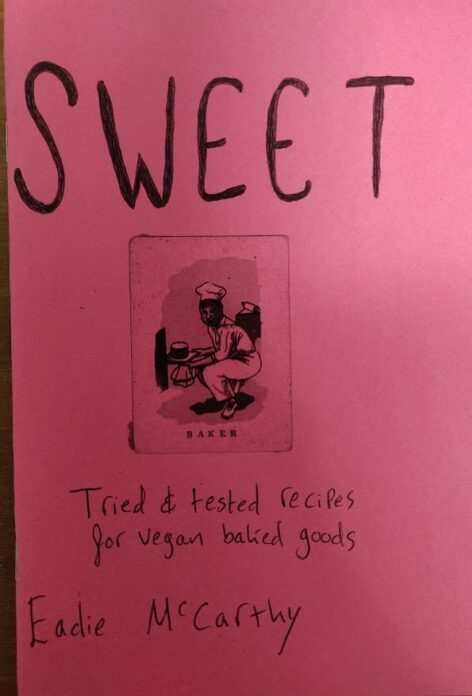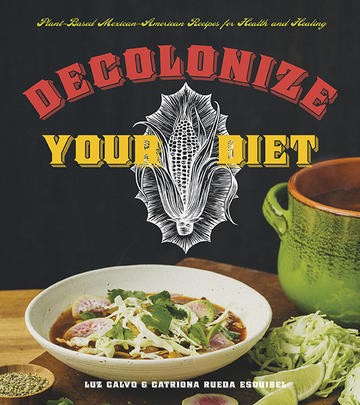Tom Brown’s Syndicalism
£3.21
Tom Brown was an well known active syndicalist in the mid 20th century.
In stock
Description
Here’s a review from Black Flag.
The book is only marred by a superficial introduction to his life, albeit not malicious (like the ones Rocker has suffered). He is described as a ‘latter day Tom Mann’! (Tom Brown’s contemporary Tom Mann was a Syndicalist organiser in the trade unions in his early days and a CP hack orator in his latter days). Tom’s clear style of addressing audiences, his long industrial struggles, his patience in addressing the problems of anarcho-syndicalism, and the existence of a movement that owes much to him, are not given coverage.
As a member of the editorial board of War Commentary, when Freedom Press was revived from the dead as a publishing wing of the then Anarchist Federation, many were incensed at the way petty intellectuals like Woodcock & Co emerged from the woodwork to take it over and advance their careers; in what is described here as ‘unhappy circumstances, but on a point of principle’ Brown was pushed out quite shamelessly (by people who now also occasionally reprint his articles to glorify themselves but for years found no slander too great). He warned that the intellectuals would abandon their ‘anarchism’ when they had made their name as writers, but the mafiosi mentality would ensure business control of the publishing resources for another 40 years. Many thought he was exaggerating the danger: in fact, as that would have been 1984, and the financial and managerial control is still in the same hands, none can now deny the anarchist movement lost its publishing house forever and is unlikely to get it back.
Tom formed the Syndicalist Workers Federation (which later merged with others into the DAM); he was concerned in two important dockworkers strikes where, had we a press and a HQ building, we could have achieved a positive movement second to none in the world. But it was gone.
He was also active in community struggles. When in the part of London where he lived (owned by the Church Commissioners) the Mob moved in to run nightclubs and turn it into a brothel area, his neighbours selected him spokesperson for a protest group. He was beaten up with iron clubs going home from the nightshift, so badly he was unable to work any more.
A third ‘gangster’ attack of a different sort came when, retired, almost disabled and weak in Newcastle, he wrote his memoirs by hand. A University student (who knows where her career has led her?) offered to type the two volumes, if she could use parts for her thesis. Maybe she did, and maybe she didn’t, but he never saw them again.
Pity there was no real autobiographical intro – how could there be? – but the book is an essential introduction for friends at work who are unconvinced of the anarcho-syndicalist case or put off it by pseudo-anarchists. It does not deal solely with ‘theory’ but with an explanation of capitalism, trade unionism, economics and evergreen topical issues witten from the perspective of the person in the street.





